“The way we make [things] better is we make more room for ourselves. How do you do that?… You support other females… instead of it being this competitive thing where we’re trying to kill each other… Because if we kill each other, there’s less of us”
Bebe Rexha
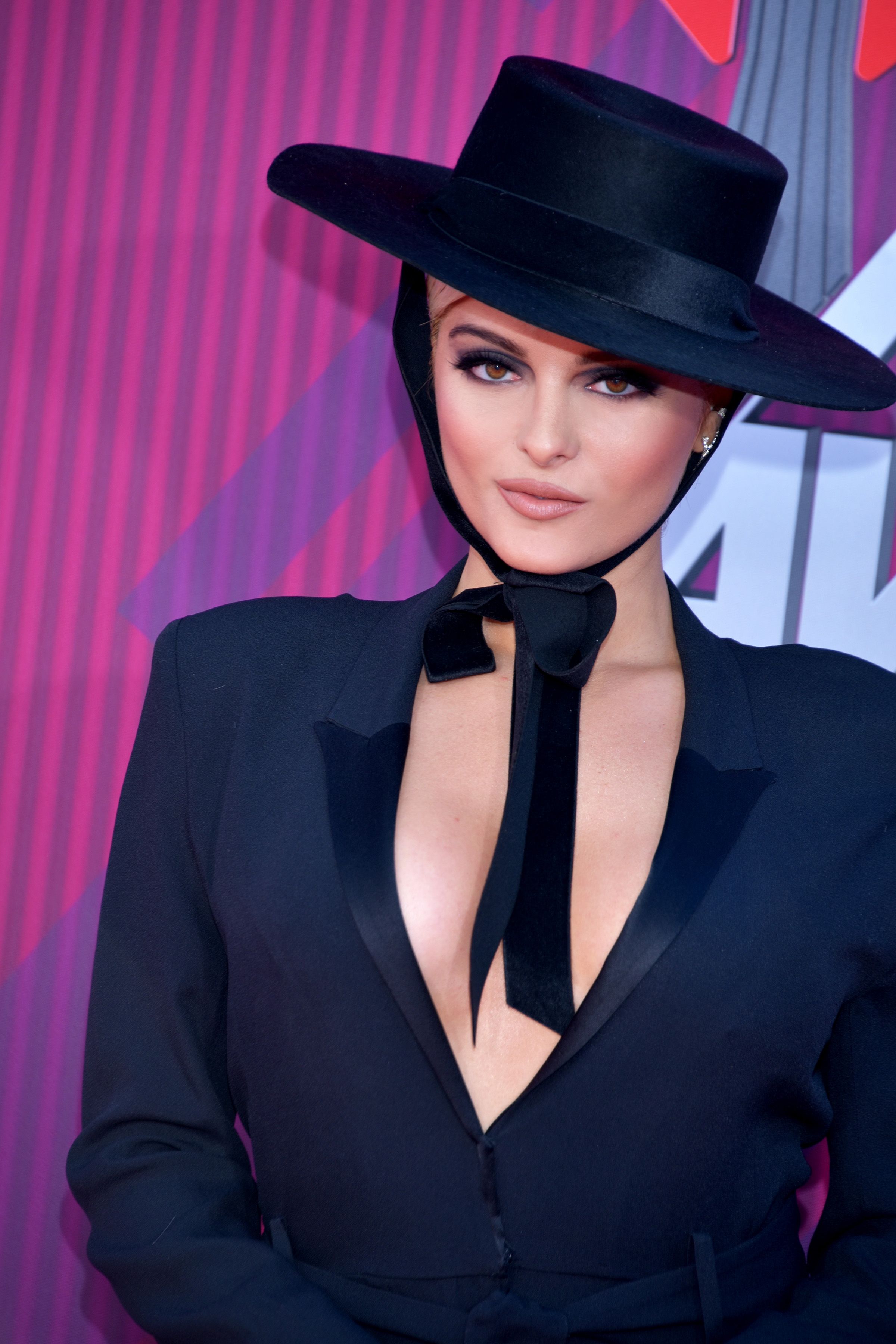

As we move into a new decade we are greeted with no less than another BRIT Awards ceremony. The BRITs are the most high profile awards ceremony in the UK: they are a celebration of popular music which was founded by The British Phonographic Industry and has been running since 1977.
Every year the BRITs celebrates the successes of British and international artists, with previous award winners being Jorja Smith, George Ezra, Robbie Williams and Adele. It’s a night where artists, fans and members of the music industry come together to support each other, perform and celebrate hard-earned success.
But, on the subject of supporting artists… or not… If you scroll through the nominations page on the BRITs website this year then you might notice that this year’s line up is noticeably… male.
In fact:
- There are no women at all nominated in the ‘Best Group’ category while five exclusively male groups are in the running.
- One song sung exclusively by a woman was nominated for ‘Song of the Year’. Alongside seven tracks sung exclusively by men.
- No women were nominated for the ‘MasterCard Album of The Year’ award while five male artists are in the running.
- And one woman was nominated for the ‘Best New Artist’ award. Alongside four men.
Talented female artists are not finding success at the BRITs to the same extent as their male counterparts. Unfortunately, it is not the first time that female underrepresentation has been called out in the music industry and there are still big steps to be taken to reach the equality that we’re looking for.
With public voting off the cards this year, the award winners will be decided by the 2020 Official Voting Academy which is comprised of around 1,200 “music industry experts”, 49% of whom are female.
However, while the judges are nearly equal in male/female representation, only 35 out of the 193 albums which were considered for the 2020 BRITs ‘Best Album’ award were made by women. Therefore, there is something below the glamorous surface of the BRIT Awards that is stopping an equal amount of women from rising to the top.
Looking behind the scenes, one study (by Professor Stacy L Smith) of 633 popular songs on the Billboard Hot 100 year-end charts between 2012 and 2018 found that only 2% of producers were women. This leaves 49 male producers for every 1 female producer. Concerningly, Professor Stacy L Smith also found that women in the music industry face significant barriers because of the ways the music industry thinks of them unfavourably.
Glastonbury Festival co-organiser Emily Eavis has also commented on the male-dominated music industry. Eavis has spoken out about being outnumbered by male colleagues and judged unfavourably at work. She has reflected that “The live music world has been so male-dominated… [by] tables of men” some of whom refused to ‘deal with her’.
Even popular female artists like Lily Allen have been openly critical about the lack of female representation in the industry, the skewed narratives of the success of female artists (often reported as influenced or guided by a man behind the scenes: “If it’s Beyoncé, it’s Jay Z. If it’s Adele, it’s Paul Epworth. Me? It was Mark Ronson and the same with Amy Winehouse”– Lily Allen) and the disturbing reality of “rife” sexual abuse in the industry.
Allen brings the dark side of the music industry to light by explaining that there is a “potent mix of sex, youth and availability”. She speaks about her own experience of abuse and explains that “she felt silenced”.
The disturbing allegations surrounding the manipulation of young female artists by successful singer and songwriter Ryan Adams add further to this rather unglamorous and murky picture of the music industry. While on the surface we see smiles and success, there is definitely a need for real support for female artists. With women across the music industry being consistently vocal about the difficulties and injustices they have faced, it is clear that change is overdue.
“It still feels like a bit of a boy’s club, but our club is growing, too.”
Alyssa DeHayes, Riot Act Media & Arrowhawk Records
The disappointing lack of female representation at this year’s BRIT Awards may be a reflection of problems within the music industry, but change is happening. In fact, much of the positive change we are seeing has been driven by female artists who want to support other female artists.
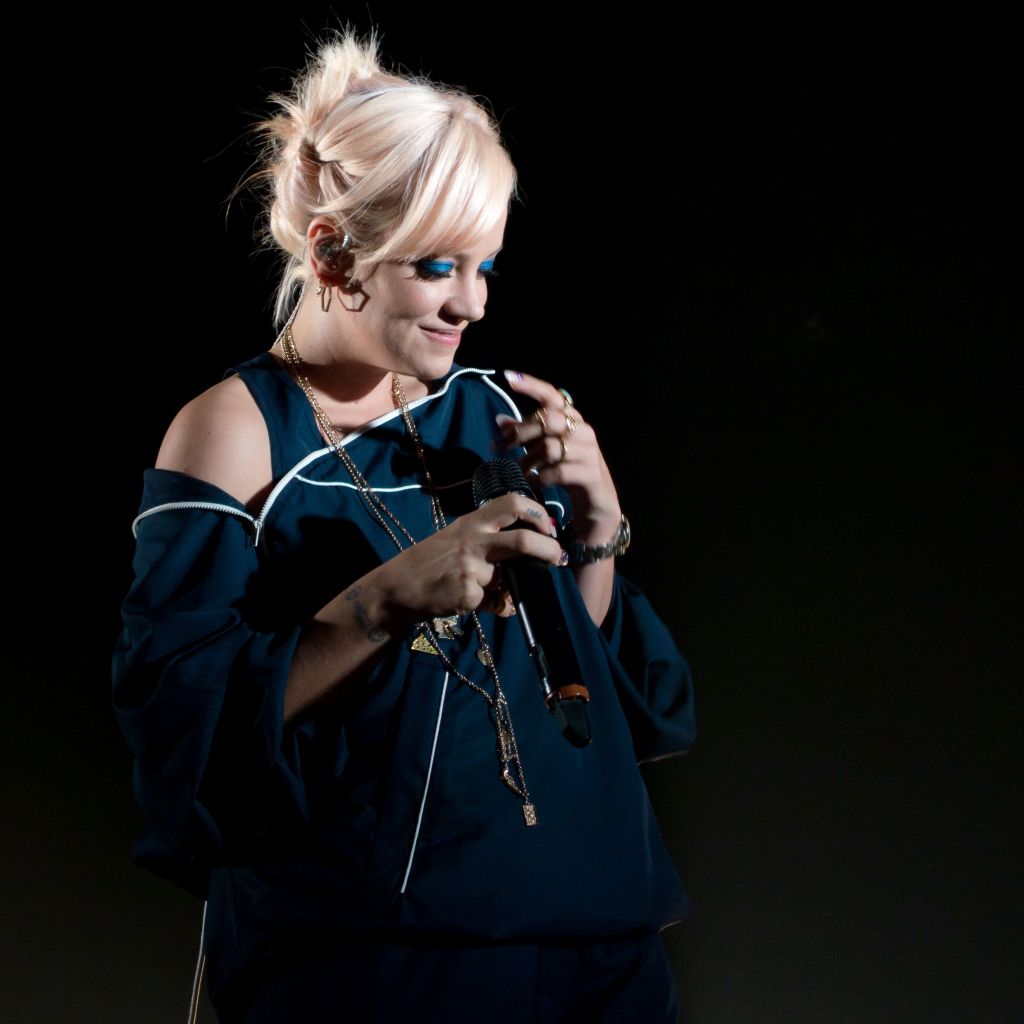
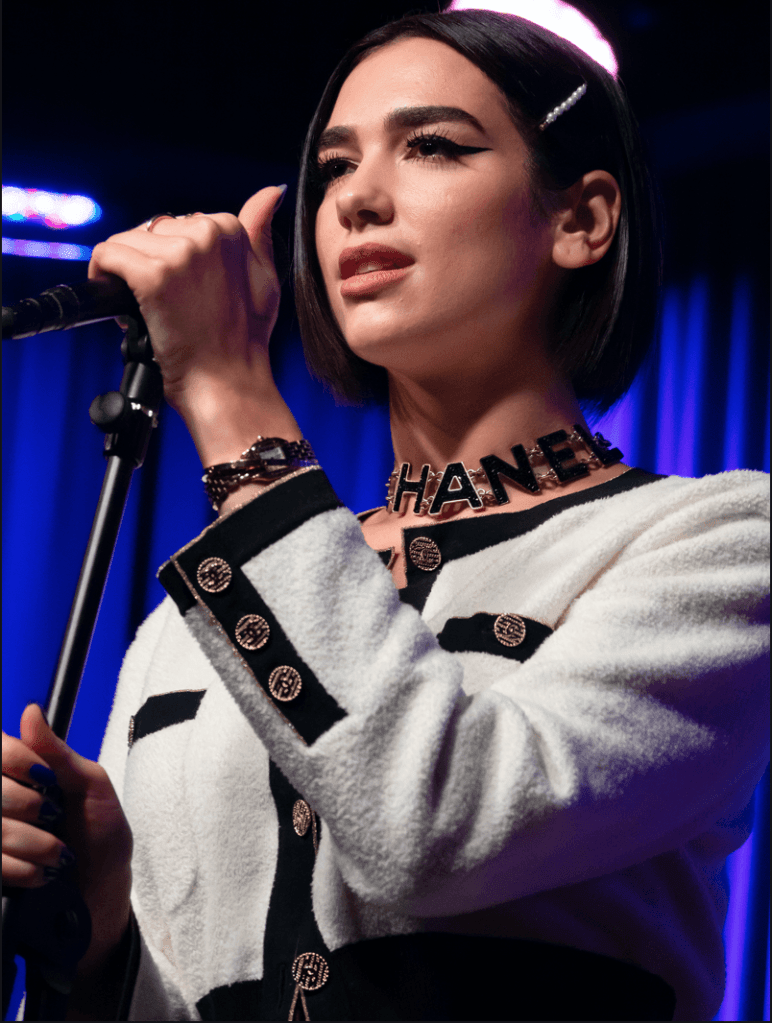
In this crowded industry, more and more women are forging their own space and helping each other to break through.
Examples of this include the Women In Harmony Programme created by BeBe Rexha, the launch of She Is the Music (a women-led organisation supporting female career progression in the music industry) supported by Alicia Keys and the, openly expressed goal of Emily Eavis to reach a 50/50 balance of male and female artists in future Glastonbury lineups.
“I don’t think it’s a big, bad white bloke going ‘no women’. I think it’s a really deep systemic problem at all stages of music.”
Emily Eavis
There is strong potential for change ahead, and thanks to those who have been vocal about the gender problems that run deep in the music industry, the future of women in music will surely only get brighter.
Here’s to an exciting, female friendly and gender balanced future for the music industry.
Let’s see what next year’s BRIT Awards brings .



Words by Anjula Nathan
Sources:
BRIT Awards. (2020). We’re back!. [online] Available at: https://www.brits.co.uk/news/brit-awards-2020-date-announced [Accessed 14 Jan. 2020].
https://www.amazon.co.uk/My-Thoughts-Exactly-No-1-Bestseller/dp/1911600893
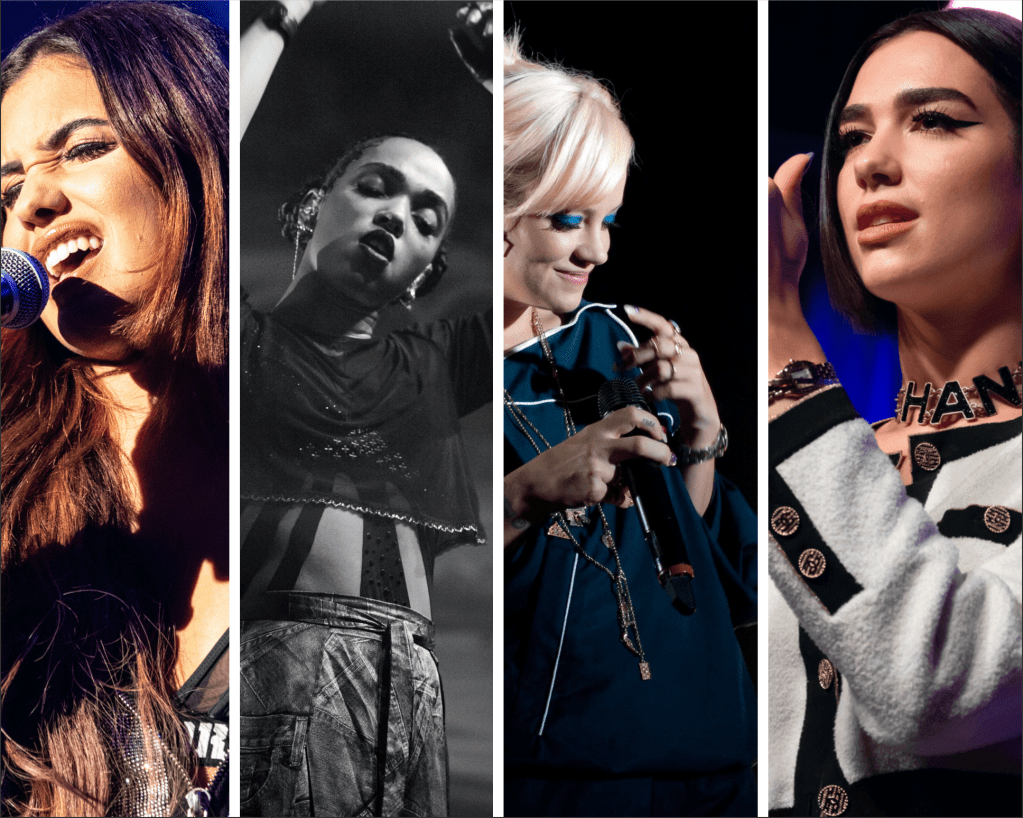
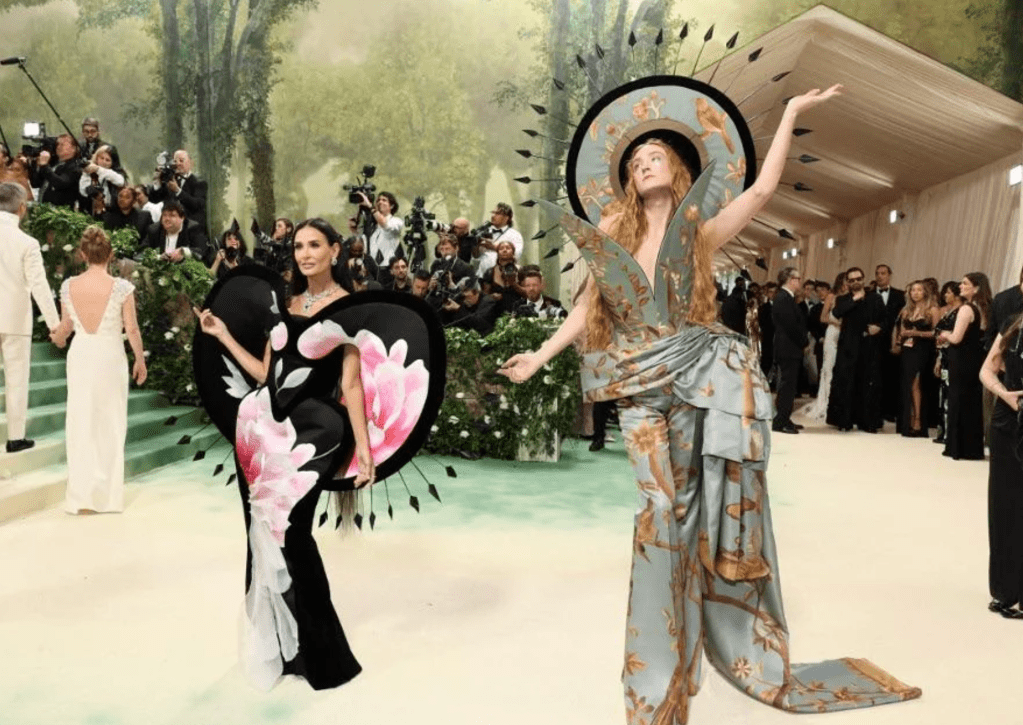
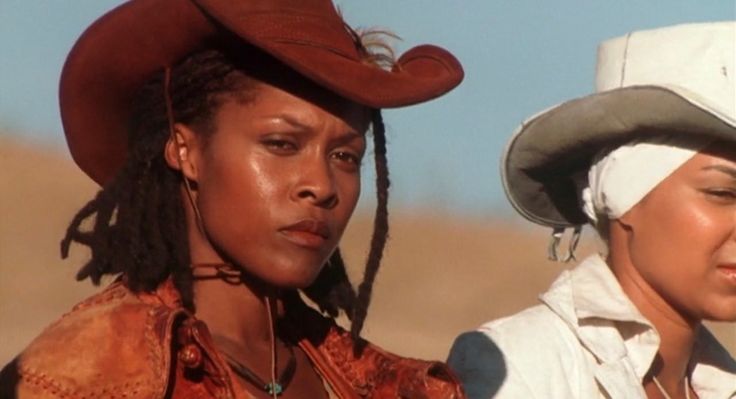
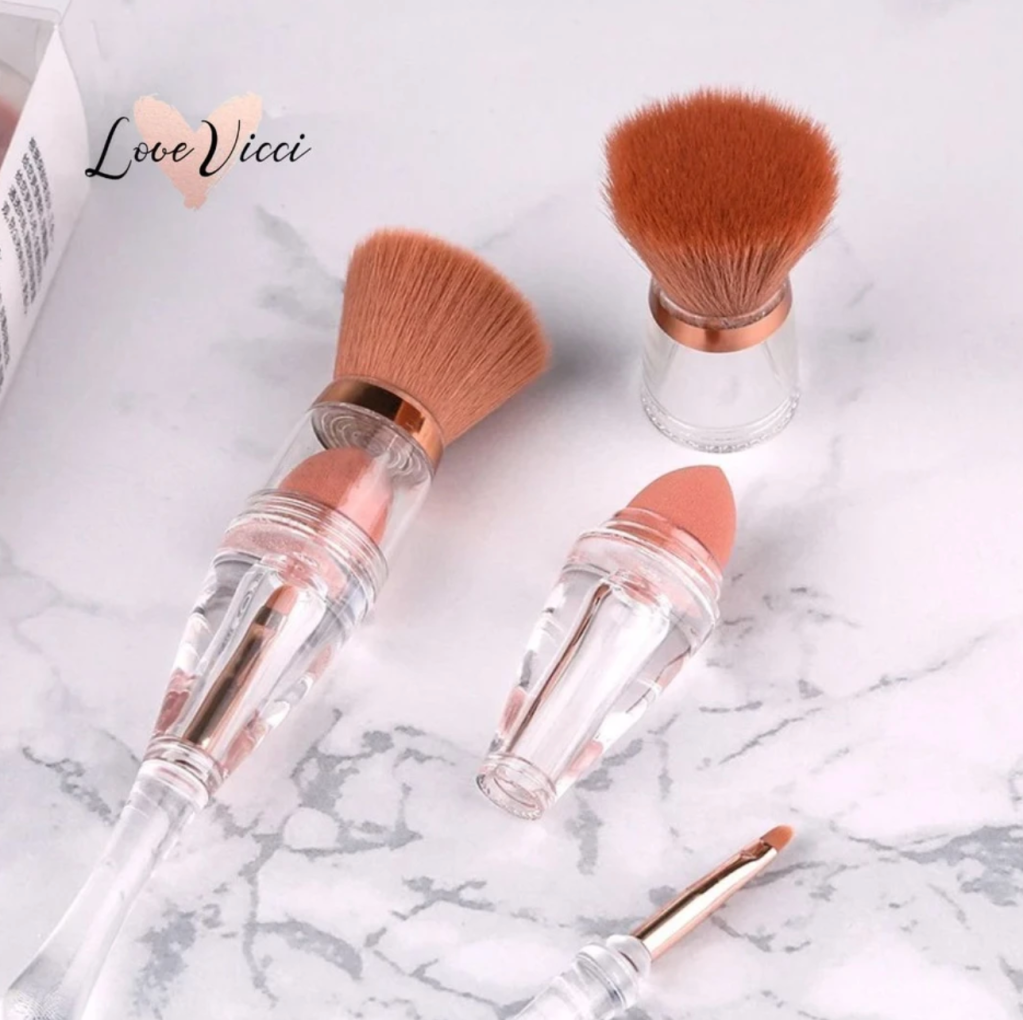

Leave a comment